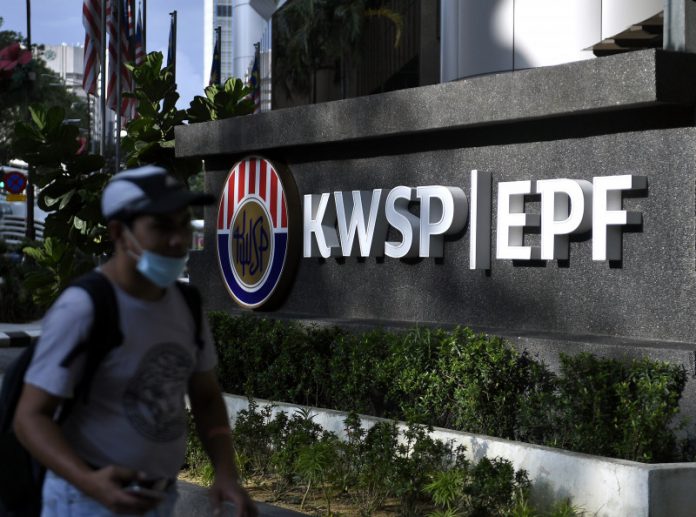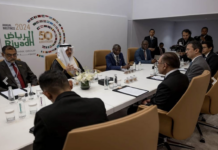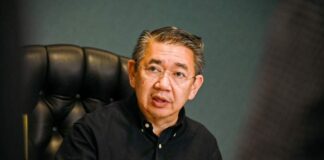KUALA LUMPUR, Nov 2 — The consideration on not to allow the withdrawal of RM10,000 from the Employees Provident Fund (EPF) account 1 to be used by the people facing the COVID-19 pandemic is not a matter of whether the government can afford it.
It is to ensure that current and long-term needs are balanced, said Bank Islam chief economist Mohd Afzanizam Abdul Rashid.
“The issue is not on affordability on the part of the government but more on prudence because the EPF found that most people do not have enough money for retirement purposes.
“Yes, one can withdraw all one’s money, but keep in mind that when one retires later, one will suffer if the money is not enough for the cost of living,” he said in the Post Budget 2022 Forum discussion session online.
The annual forum is organised by the Economic and Financial Policy Institute (ECoFI), School of Economics, Finance and Banking (SEFB), Universiti Utara Malaysia to analyse the budget presented by the government each year.
Mohd Afzanizam said that according to an EPF study, a person needs to have at least RM240,000 in the EPF to retire based on the better longevity factor of Malaysians and need for expenditure on necessities. Hence the constraint on withdrawal issue. The EPF is trying to educate the people to be prudent in using the money,” he added.
Meanwhile, he said the large allocation of RM332.1 billion for Budget 2022 would be able to build the country’s economic resilience and increase competitiveness, but he added that the journey would take time.
“The allocation is the largest to date and if we look at the impact on the economy at the macro level, usually the impact of fiscal policy is faster than the monetary policy administered by Bank Negara Malaysia.
“The usual instrument we hear is the overnight policy rate (OPR) which is currently at its lowest level of 1.75 per cent but the instrument in terms of impact on the economy is slow and according to studies some say up to 18 months, but according to Bank Islam’s study, about 12 months,” he said.
He said since fiscal policy had a quick impact, it was highly dependent on the efficiency of the government machinery in channelling incentives or implementing the measures that had been announced.
“Subsequently, I expect the economic outlook for next year to be better than this year that is 5.5 per cent to 6 per cent growth.
“In general, we are on the right track to ensure that the country can reach the level of a competitive, resilient nation and has good productivity in the future,” he said.



















